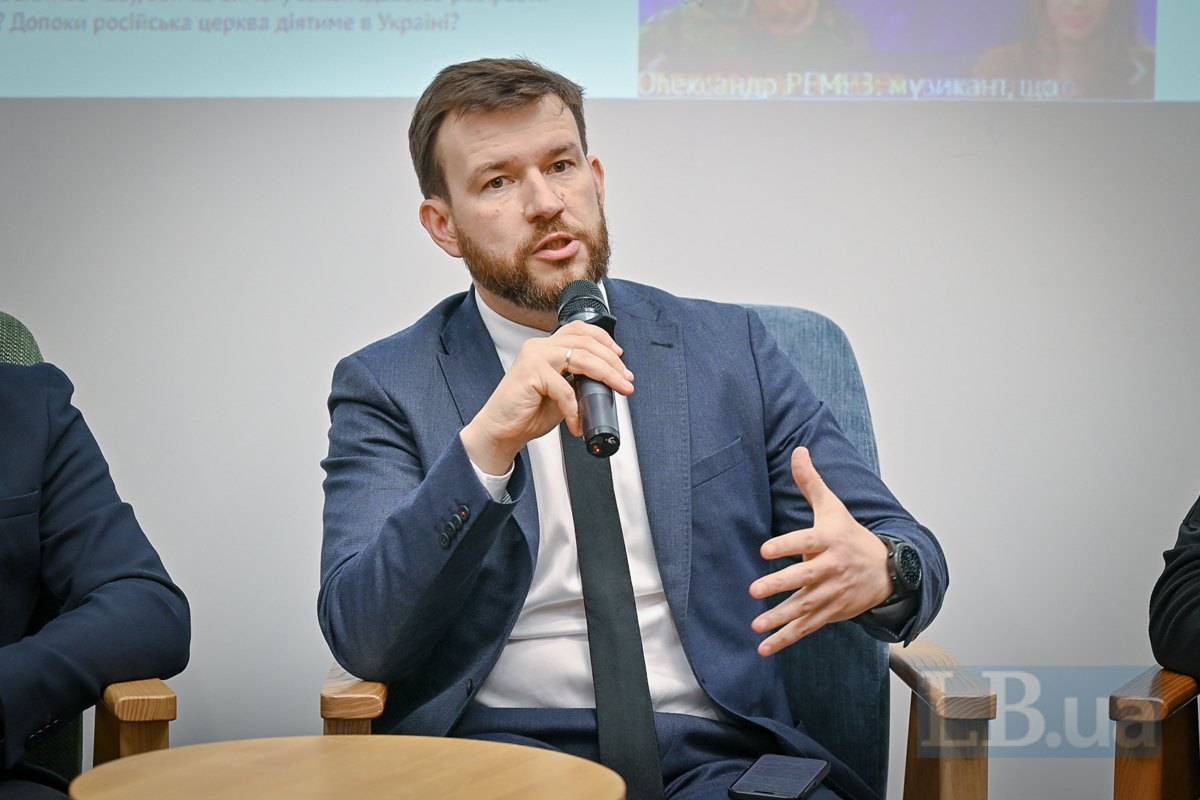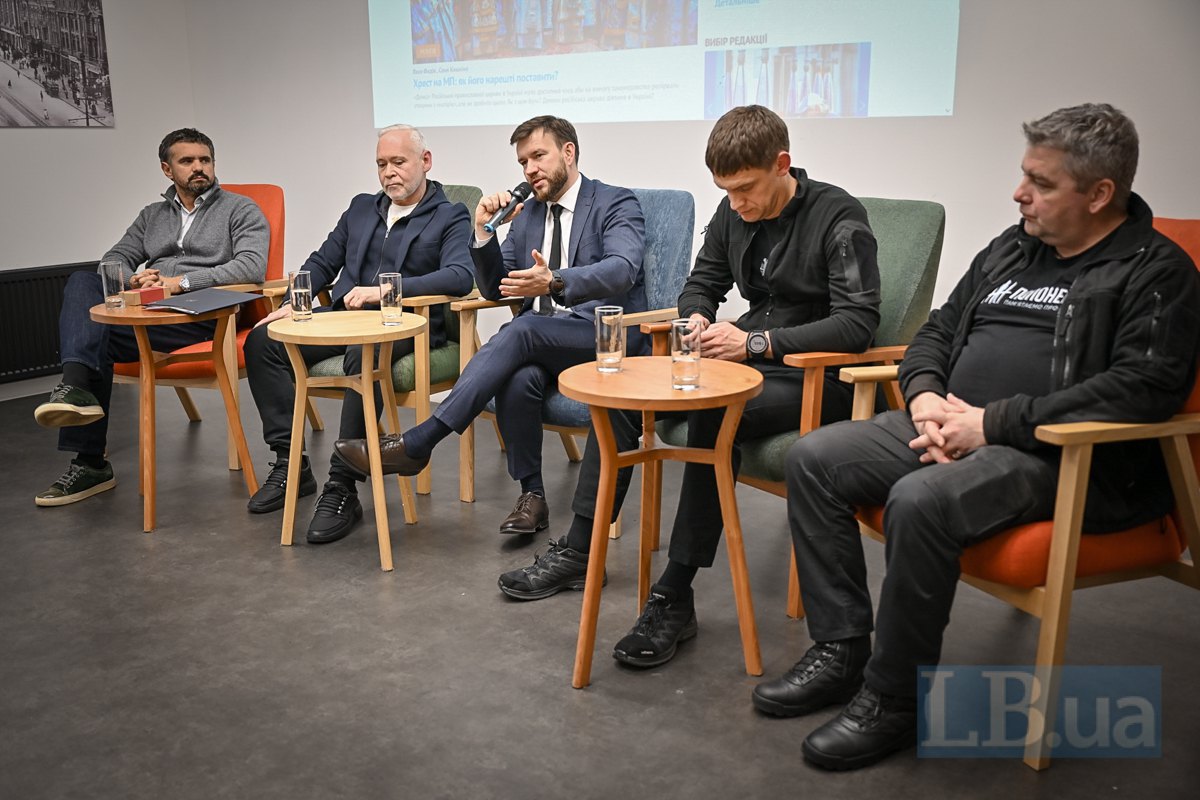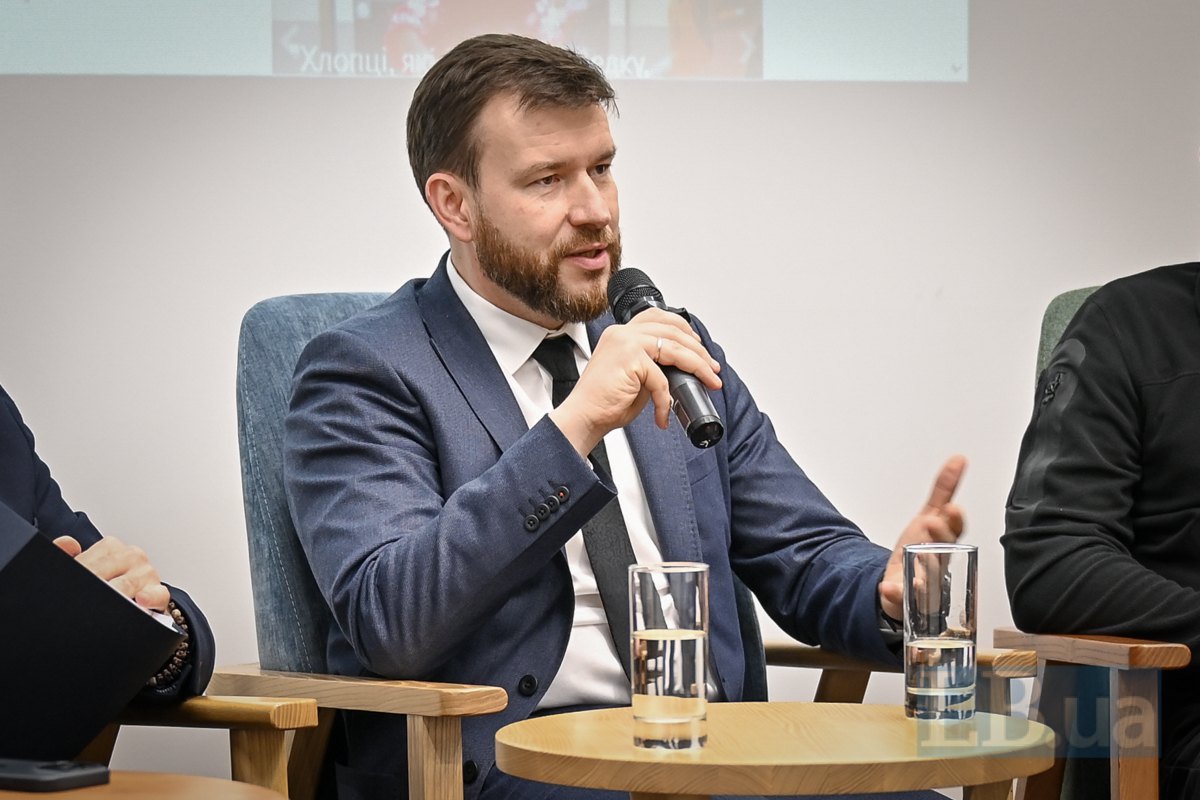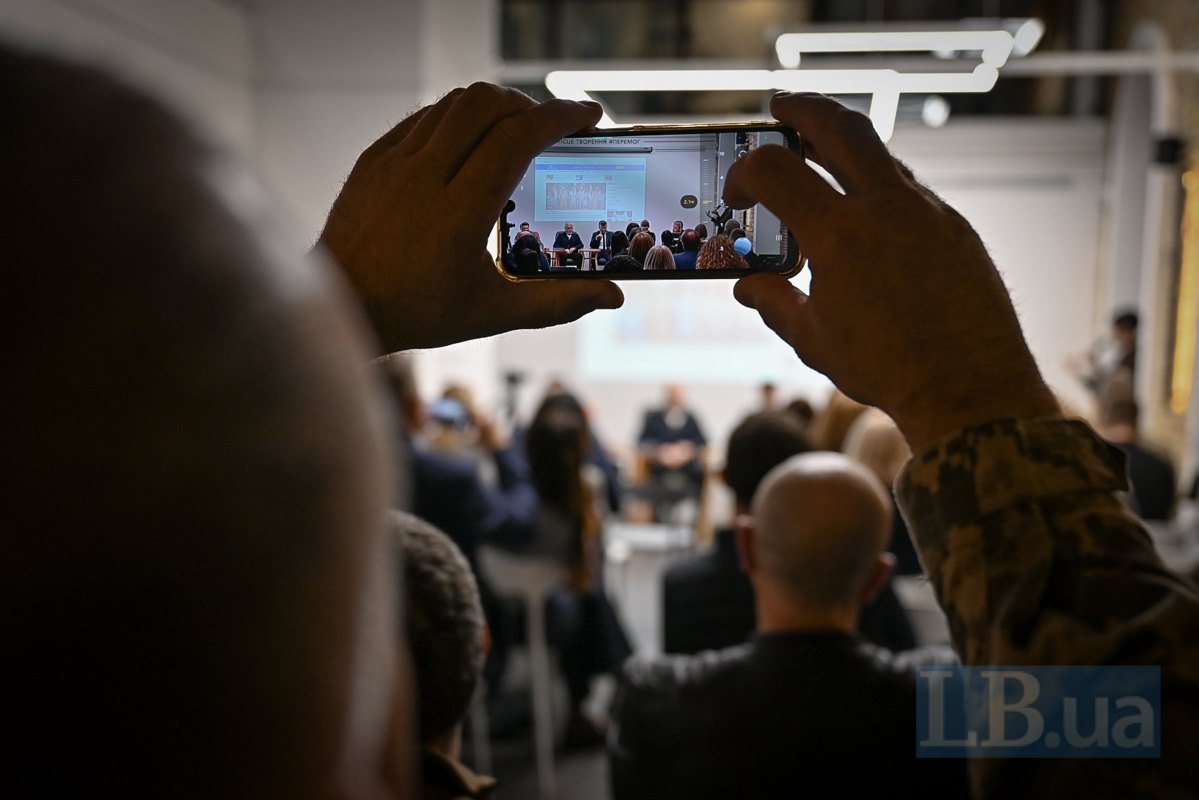
“Our vision of social policy isn’t to spread a little bit around everyone, but to give a meaningful amount only to those who truly need it. Right now, we have 15 million recipients of any kind of social payments! — 15 million,” notes Denys Ulyutin. “The Ministry of Social Policy’s budget within the state budget is over 470 billion hryvnias. Add to that the unified social contributions going to the Pension Fund, all payments from NGOs, volunteers, international partners, and civic organisations, and the total budget becomes enormous — honestly, as a state we simply can’t afford it. We just can’t manage it without international partners.”
The Social Code the ministry is working on is intended to regulate social policy so that payments go only to those who actually need them, he adds.
“Right now, it’s just giving a small sum, one payment, and forgetting about it for a month — buying off people for one month. We want to change that. Maybe just a little, maybe more — it depends on how discussions go in parliament and within the government, because everyone tries to push this issue aside,” the minister said.
The most challenging part of social support, he emphasizes, is the situation of internally displaced persons.
“If you total all state support and also the direct support from our international partners, the amount is huge. Some people get more, some less, but on average IDPs receive about 10,000 hryvnias per person. Compared to those who work, that’s not bad, since social-sector employees earn 6–8 thousand hryvnias. Here too, the question of social fairness arises,” the minister added.

The task of the Ministry of Social Policy, Denys Ulyutin emphasizes, is to bring people into the economy as much as possible. Over the past nine years, the minister adds, many different tools have been developed for IDPs. These will be structured into a single digital module where all types of assistance, support, or opportunities for IDPs can be seen in one place.
Among these programs, the minister highlighted:
The “Shelter. Work” platform — an internally displaced person can see, via the app, the city or local government body, job offers, and housing provided by an employer;
Vouchers for education or retraining;
Various forms of housing support, such as rental assistance. “I understand this isn’t working perfectly right now, but we’re moving to improve it. There’s a preferential lending program for IDPs. The conditions are excellent: the state covers 70% of the initial payment and 70% of monthly payments for the first year. This covers the most difficult stage in an IDP’s life, when they need the most support. I know regions are also joining the program — for the categories most in need locally, they co-finance the remaining 30%,” the minister noted.
However, he added, there are still few people who understand that self-development and job seeking are far better than staying dependent on state support.

At the same time, Denys Ulyutin called for an honest, adult conversation about social policy in the country, noting that it repeatedly slides into social populism.
“We all make the same demand of the state: ‘The state will pay.’ It won’t. Forget it. The state has no money. These are taxpayers’ funds,” the minister reminded. “When we talk about social approaches, we must recognise that taxpayers are paying for non‑taxpayers. Either we overburden some taxpayers and spread it across everyone because it’s easy, or we clearly say that as a state we guarantee help only to those who truly need it. But if society takes on the obligation, then you also have to contribute to that society.”
The head of the Ministry of Social Policy believes that because of populism, there has still been no real discussion about raising utility tariffs. This, in his view, is also a matter of social fairness — without raising tariffs, the “poor end up paying for the rich.” The business model of selling something for less than it costs simply doesn’t work, he adds, referring to the fixed gas price for households of 7.96 UAH per cubic metre, while the market price is many times higher.
“We’ll go back to what we had 36 years ago. That model doesn’t work. It’s not about fairness, it’s about ‘equalising everyone.’ And that’s always bad, because we’ll never get to the point where each person starts thinking about themselves — and that’s the main thing. In the current conditions, we must start doing that,” the minister says.

He points out that Ukraine is driving itself into a budgetary trap through social populism.
“If we want to talk about social fairness, we need to clearly understand what it means for us. What kind of state do we want to build? Do we return to paternalism, where ‘someone else will decide everything for me,’ or do we take responsibility and make decisions ourselves? Social policy will be based entirely on this principle.
“And secondly, how do we finance the social component of the budget? We don’t — I’ll say it again. It’s funded by our international partners. Every year it gets more and more difficult. At some point, that support will end. If, by the time our international assistance ends, we haven’t changed our mindset, it will be very painful, because the funds will instantly run out and no one will receive anything. At that point, we won’t be talking about fairness at all. While we still have time, we need to move away from the mindset of ‘someone else will pay’ and return to ‘we all pay,’” the Minister of Social Policy emphasized.








